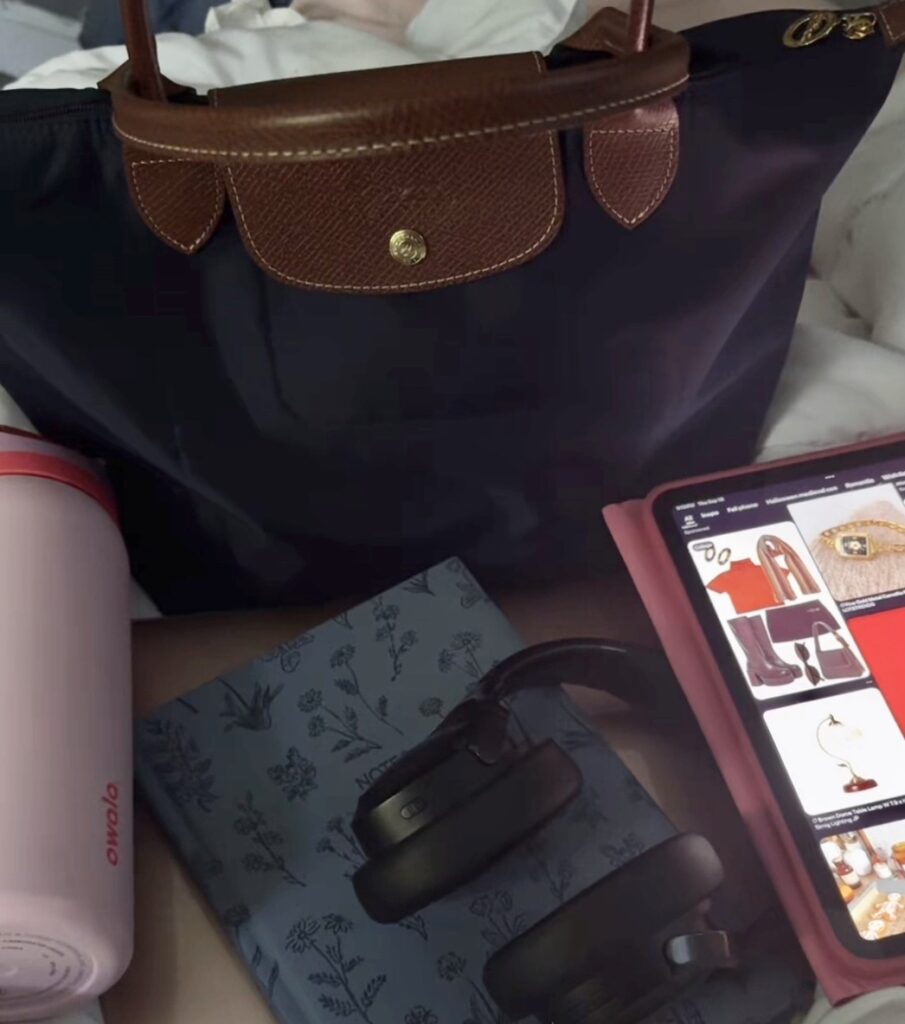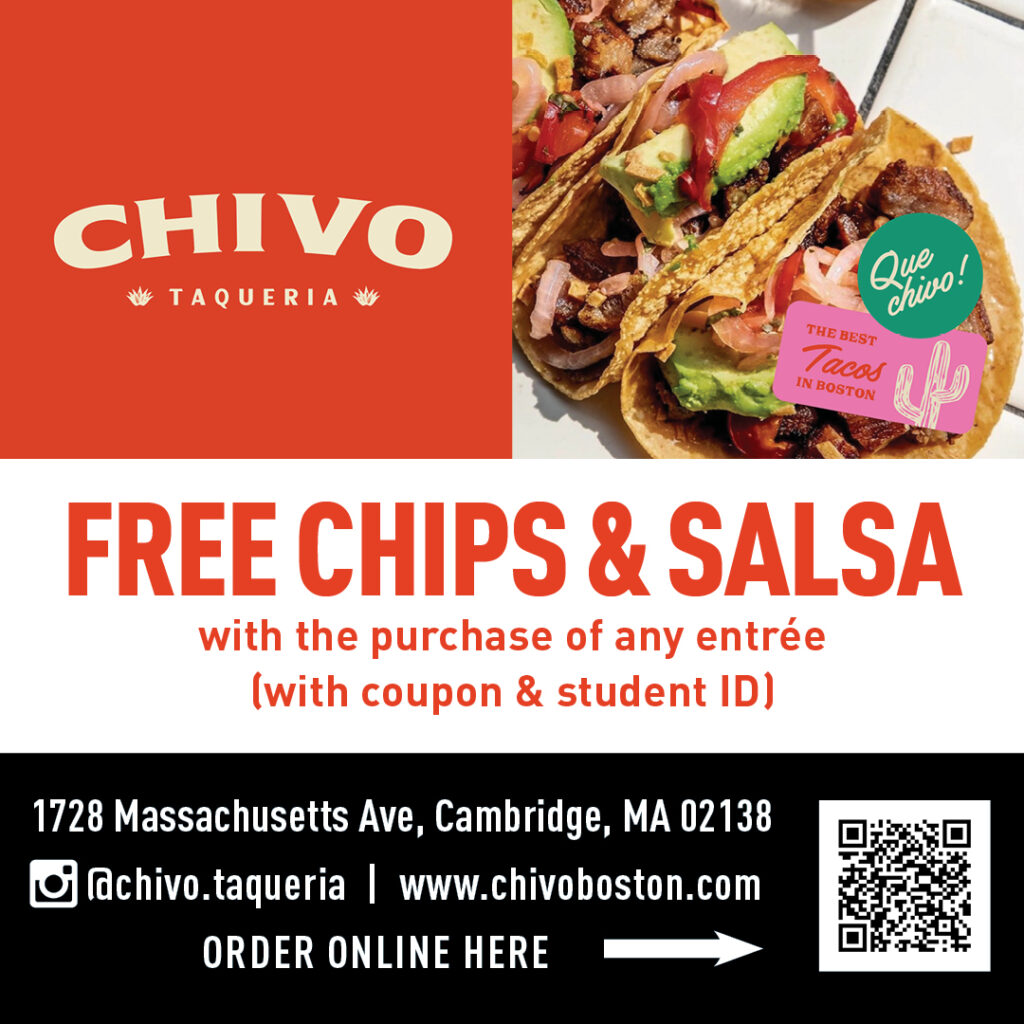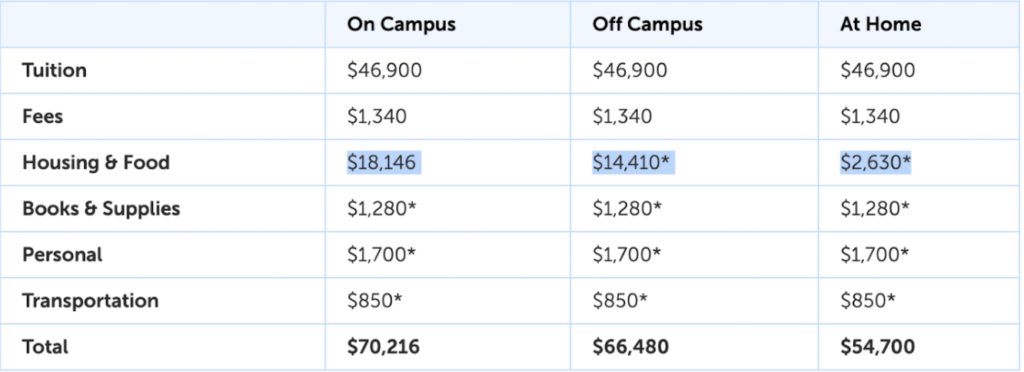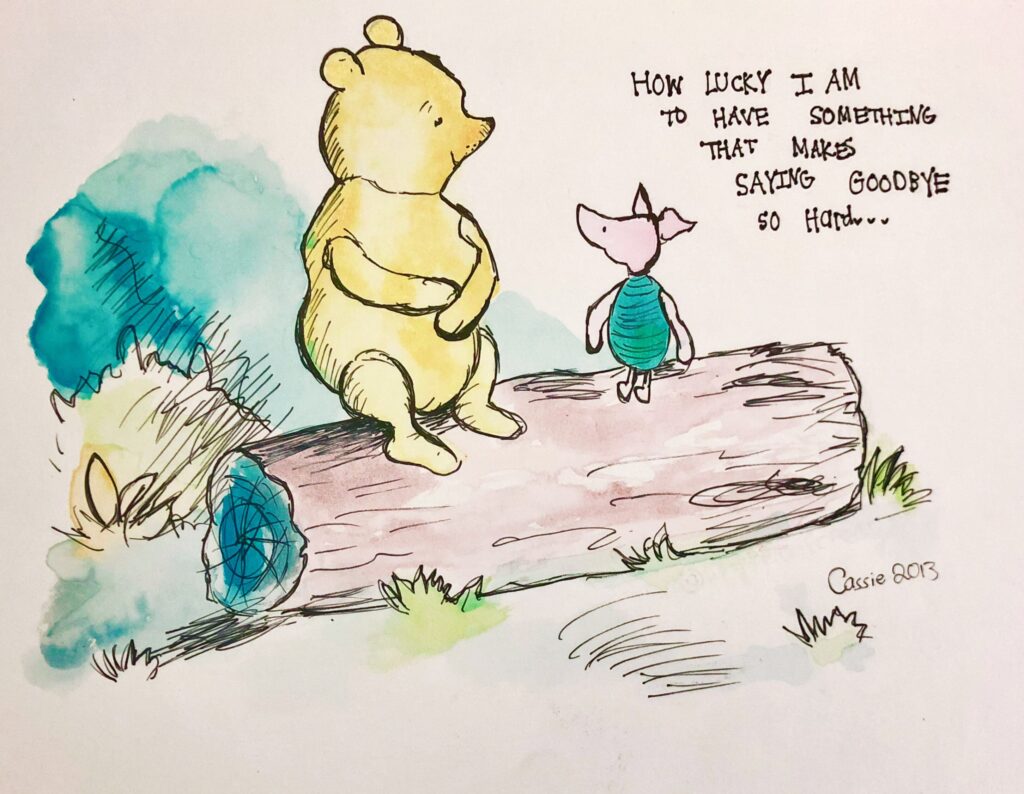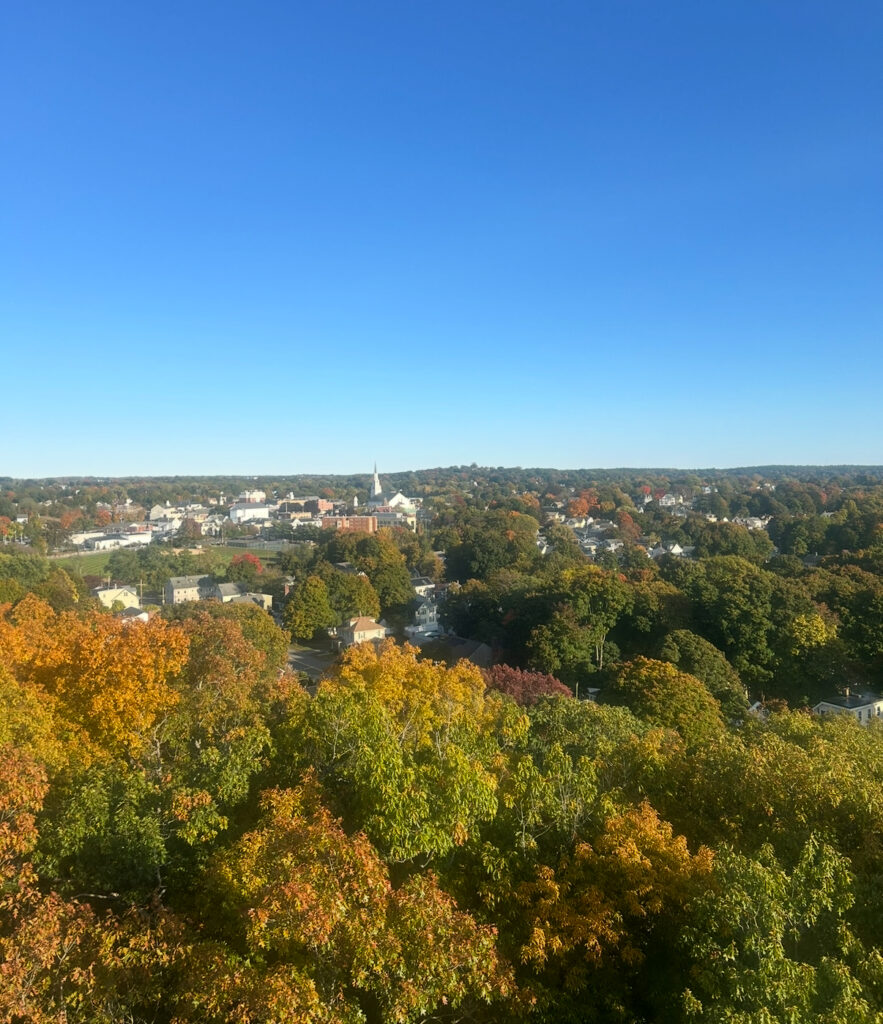
We are always waiting. Waiting for an event that takes place next week, month, year. Waiting for a trip or to graduate, and to graduate again. Waiting to hear back from a job or waiting for a horrible shift to just be over.
Even as children we wait for adulthood eagerly, no matter how many adults tell you not to grow up too fast. You can’t stop the daydreaming child from missing out on their present, but you, present you, can enjoy the current moment as an adult.
We have to stop waiting. This is a lesson I’ve learned, surprisingly, from living at home. As a commuter it can feel like you are missing out on college. Instead of trying to make the experience fun, I found myself waiting for post grad to feel independent. I truly thought I had to wait until I had an apartment or a home to have fun, but really what is stopping me from having fun right now?
So my perspective shifted and I forced myself to go out more. Sometimes by myself to cafes and parks, other times to bars with friends. I try to make the most of being at home, hosting slumber parties just like when I was a kid. I see my family members everyday and have movie nights with my mom. These moments I will miss one day, so I am enjoying them to the fullest.
One day a couple years from right now, you are going to be reminiscing on where you are right now. I think about this a lot. It doesn’t always have to be the rapid go, go, go. This mindset really pushes me to enjoy where I am at presently, even when that feels hard to do.
Go to your local lakes and ponds. Go see the museums nearby. Rediscovering your town will truly feel like rediscovering yourself. Where you are right now is your present, so enjoy it to the fullest. Decorate your room, even if it is your childhood bedroom. Make art and do hobbies you love. There is truly no time like the present, why waste it waiting?
Even though I have lived in one area my entire life there is still so much of it I haven’t seen. I have made it my goal to become an actual local. I want to be able to give recommendations to people that I didn’t just look up on Google or Tiktok. The only way to have real recommendations is to experience it yourself.
Commuting can feel stagnant, but it is a time for growth and solidifying real connections. I lived on campus, and I have discovered some friendships are just a form of object permanence. If you aren’t right in front of some people, you don’t exist. It is something I have had to learn. While it isn’t easy to let go of friendships I have made old friendships stronger and new friends. We have to put in effort to see each other, and we do so. I am confident that the friends I have now I will have long after college, and this is quite a relief.
I am enjoying the present, and I enjoy the struggles of college and commuting. One day I am confident that I will feel nostalgic for it-just as I feel nostalgic for all of my past eras.

By Isabel DeSisto
Isabel DeSisto is a senior majoring in Writing, Literature, and Publishing at Emerson College. She is an avid traveler and is always looking to go on a trip. While adventurous, there is nothing she enjoys more than hanging out with her dogs and reading a book.
For over 25 years, the Campus Clipper has helped college students in New York City—and later in Boston and Philadelphia—save money and succeed in city life. We offer a digital coupon booklet with discounts on food, clothing, and services, plus an Official Student Guidebook with real advice on how to navigate college life in a big city. Our internship program lets students build skills, earn money, and publish their own e-books. Follow us on Instagram and TikTok @CampusClipper, and sign up for our newsletter to get deals straight to your inbox. To access the digital coupons, scan the QR code on our printed card—available in dorms, student centers, and around campus.







